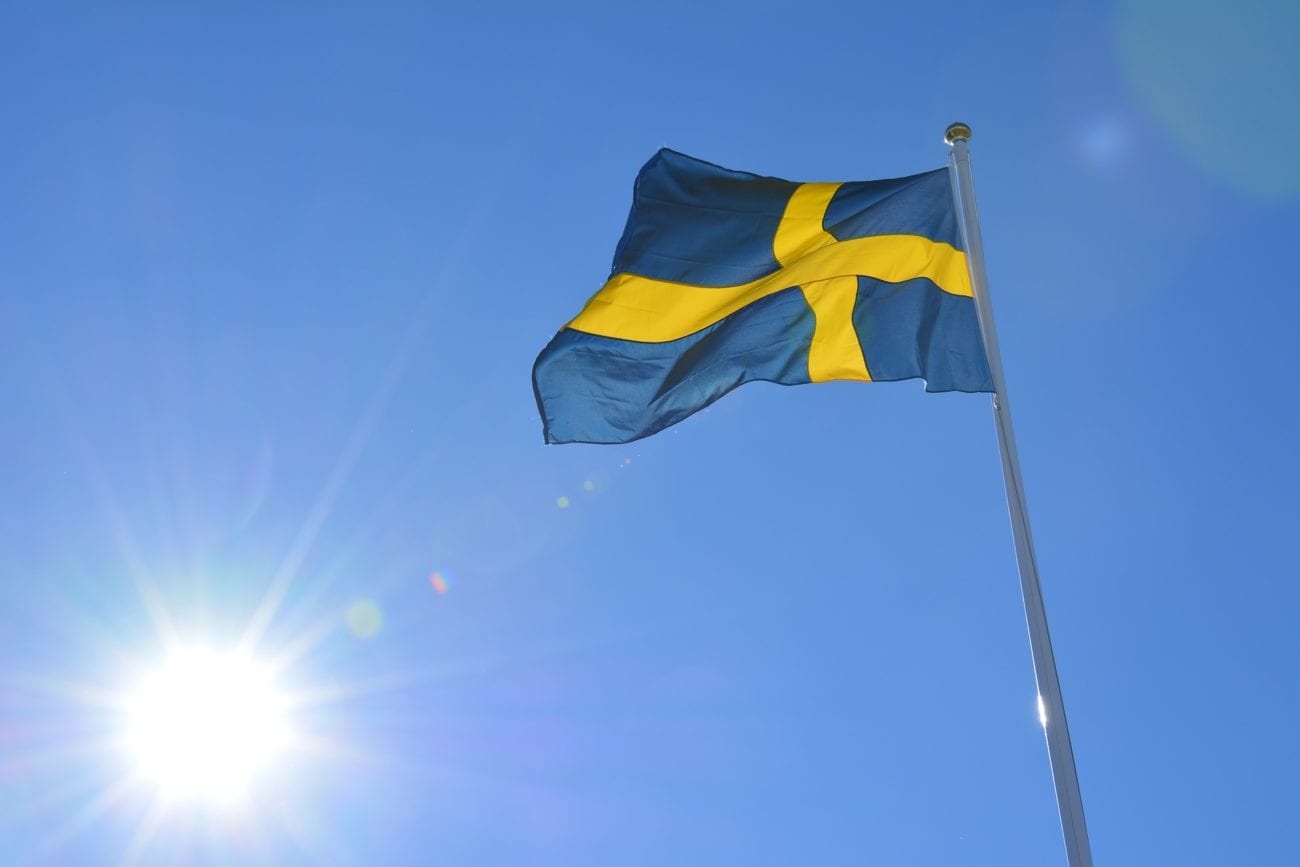Operators snap up 116 licences for regulated Swedish market
| By iGB Editorial Team
Sweden’s gambling regulator Spelinspektionen has revealed that a total of 116 licences have been awarded for the country’s re-regulated gaming market, with more than half covering online casino.

Sweden’s gambling regulator Spelinspektionen has revealed that a total of 116 licences have been awarded for the country’s re-regulated gaming market, with more than half covering online casino.
Operators have been able to apply for licences since August 2018, with the first certifications awarded on November 30 that year, ahead of the market opening on January 1, 2019.
From that date to March 11, 2019, 62 of the 116 licences awarded cover online casino and slots, ahead of the second most-popular sports betting vertical, for which 44 licences have been issued.
A further five licences have been granted for land-based commercial gaming, including restaurant casinos. This includes the market’s most recent licensee, CM Casino. Two entities – Paf and Bell Casino – have also been licensed to offer gambling on ships.
Svenska Spel has also secured a trio of licences for its monopoly activities, with one covering lottery games, one for land-based slot machines and one for its Casino Cosmopol subsidiary.
In total 72 operators have been awarded licences, meaning many are active in more than one vertical.
While figures for the first quarter of regulated igaming in Sweden are yet to be published, analyst Kristoffer Lindström of Redeye has suggested that companies active in the popular casino vertical are likely to be impacted by Svenska Spel’s entry. Lindström noted that the operator had aggressively marketed its new casino offering, while Google search trends suggested the product has attracted significant volumes in the early stages of the market.
“As Svenska Spel Casino Online now offers the same games as the other operators, it looks like at least some of the players chooses to play at the site, which obviously will hurt the customer intake and volumes for the other operators,” Lindström explained.
This, he said, could make Swedish operations particularly difficult for smaller businesses already having to contend with strict regulations and the market’s 18% tax rate.
